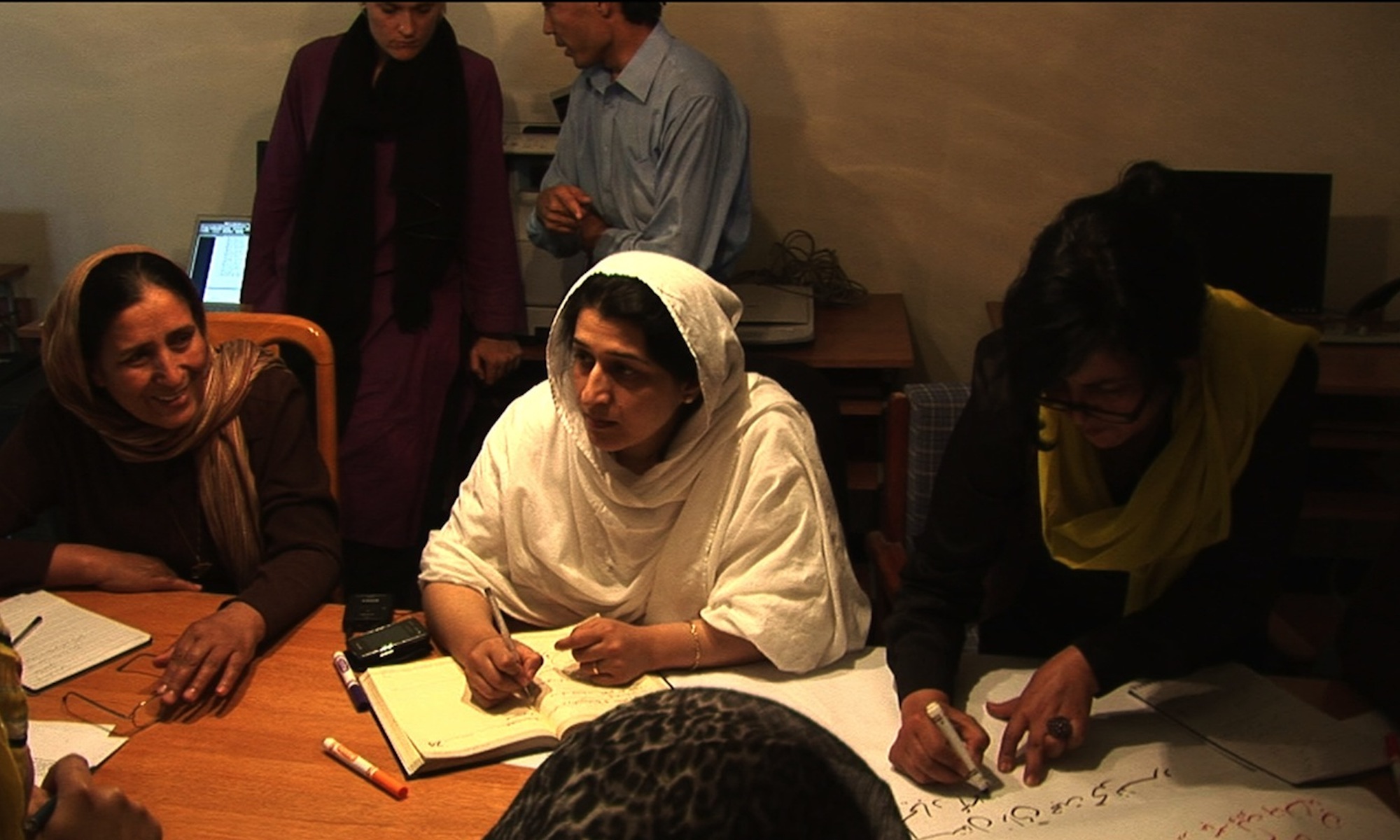Postconflict Transitions: An Overview
In the two to five years immediately following end of conflicts, UN peacekeeping operations have succeeded in maintaining peace, while income and consumption growth rates have been higher than normal and recovery on key education and health indicators has been possible. Aid also has been super-effective in promoting recovery, not only by financing physical infrastructure but also by helping in the monetary reconstruction of postconflict economies. However, sustaining these short-term gains was met with two difficult challenges. First, long-term sustainability of peace and growth hinges primarily on the ability of postconflict societies to develop institutions for the delivery of public goods, which, in turn, depends on the capacity of post-conflict elites to overcome an entrenched culture of political fragmentation and form stable national coalitions, beyond their immediate ethnic or regional power bases. Second, after catch-up growth runs its course, high levels of aid could lead to overvalued real currencies, at a time when growth requires a competitive exchange rate and economic diversification. Successful peace-building would, therefore, require that these political and economic imperatives of postconflict transitions be accounted for in the design of UN peacekeeping operations as well as the aid regime.
From Transition to Transformation in Ethnonational Conflict: Some Lessons from Northern Ireland
Rushing to the Polls: The Causes of Premature Postconflict Elections
Iraq: Back to the Future
The world breathed a sigh of relief at the announcement of a new Iraqi government on 21 December 2010. After nine months of wrangling following the 7 March elections, Prime Minister Nuri al-Maliki finally engineered a deal that kept him in place at the head of a 42-person cabinet. Maliki was unable to name a full coterie of ministers; ten of the portfolios, including the main security ministries, are being managed on a temporary basis by other ministers until permanent nominations are made. Nevertheless, approval of the cabinet brought to an end a crisis that left the political system in limbo and saw a deterioration of the security situation.
But now the deed is done, a much bigger question looms: will the government be able to manage Iraq, stabilise the country further and heal the internal divisions that threaten its long-term security?
